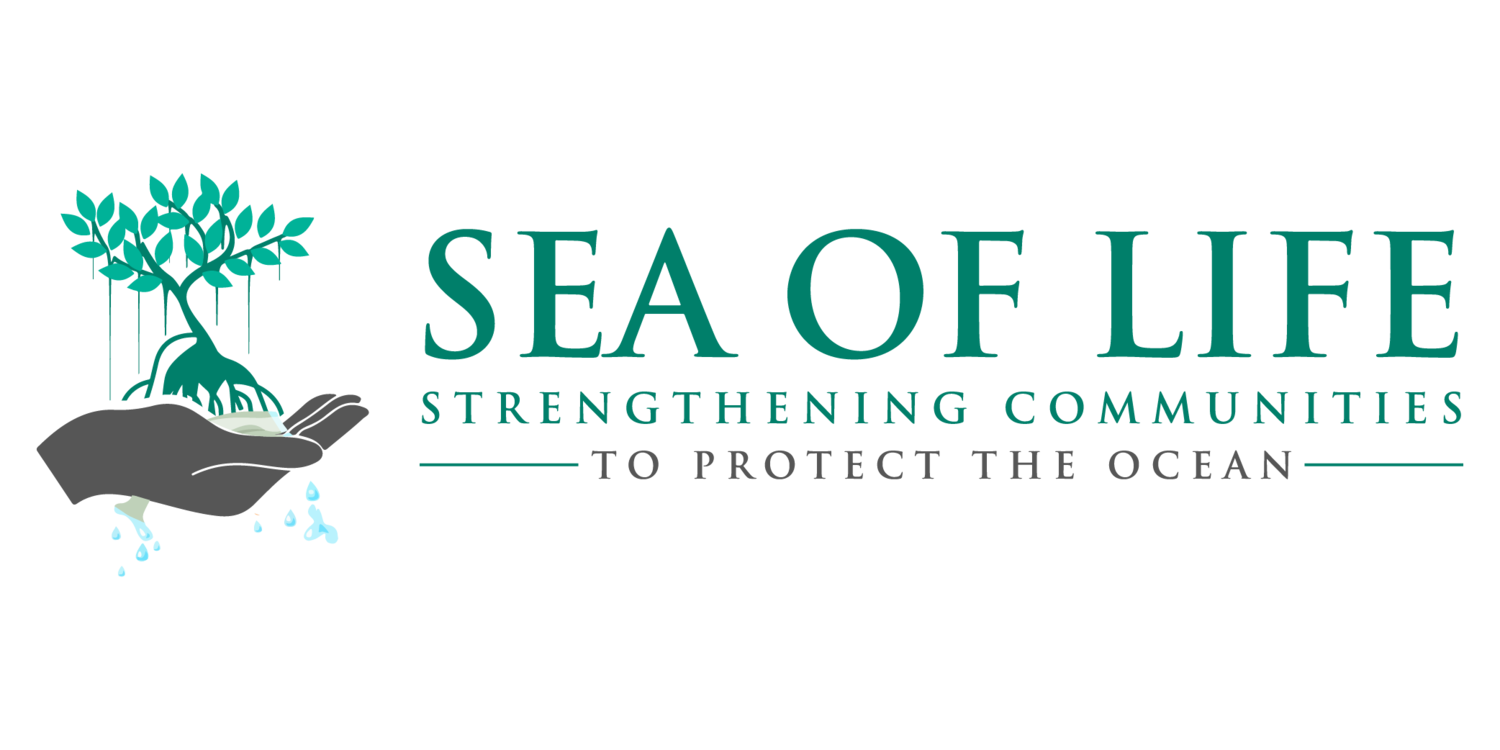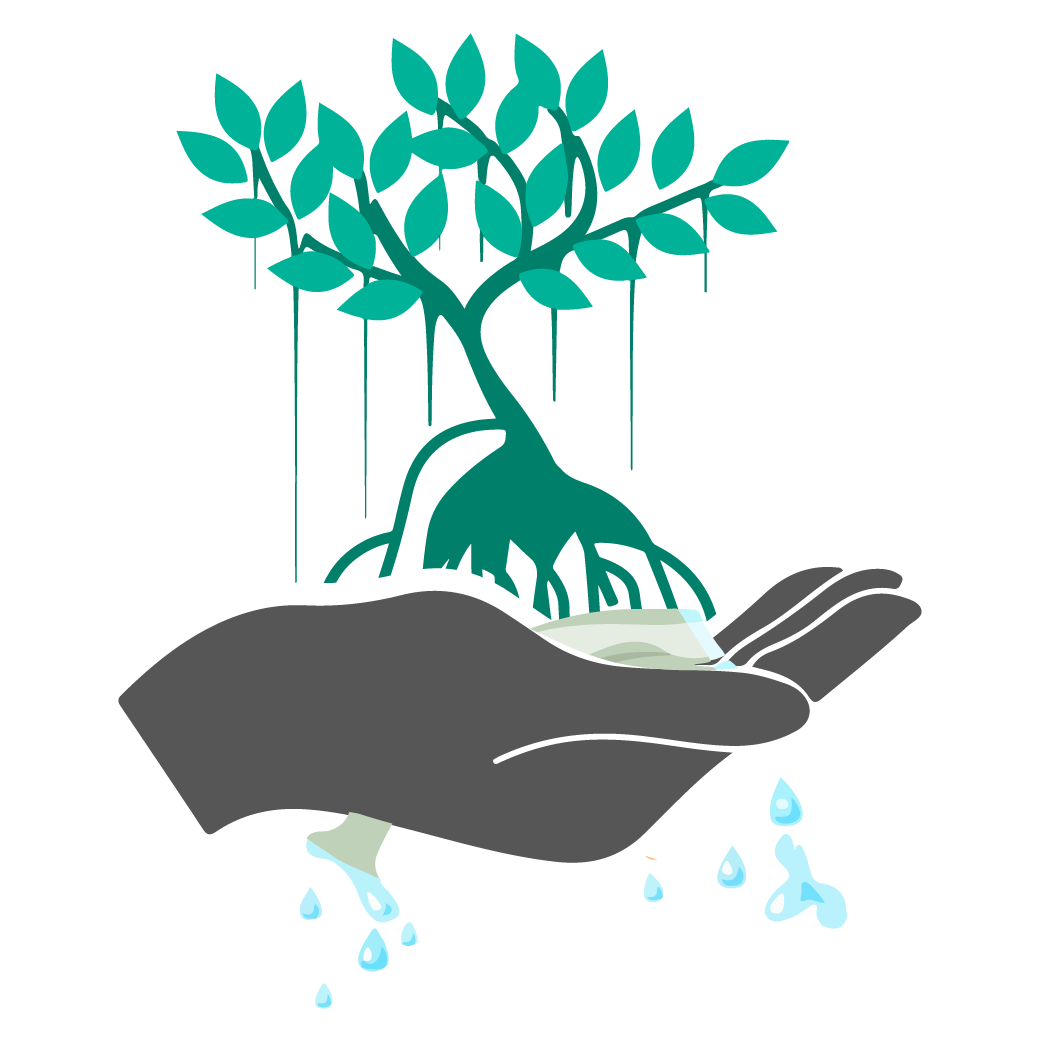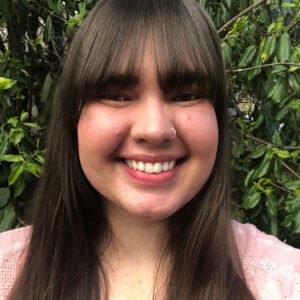It all begins with an idea. Maybe you want to launch a business. Maybe you want to turn a hobby into something more. Or maybe you have a creative project to share with the world. Whatever it is, the way you tell your story online can make all the difference.
Carolee Chanona is an independent journalist who covers Central America and the Caribbean, thanks to a home base in mainland Belize. As a second-generation farmer’s daughter, environmental stewardship was second nature from childhood. Armed with a Bachelor’s degree in Environmental Science, Policy, and Law from the University of South Florida, Carolee returned to work directly in conservation with the oldest non-governmental conservation organization in Belize, gaining first-hand experience in leveraging tourism as a tool for conservation. Embracing a passion for public relations, digital marketing, and communication overlapping ecotourism, Carolee served as the Editorial Director for Caribbean Culture and Lifestyle before freelancing full-time. Her work appears online and in print for publications like Lonely Planet, the Belize Tourism Board, CariBois Environmental News Network, Oceana, and more.
When not on a tiny trip inspiring her next piece or working on a deadline as a grant proposal writer for biodiversity conservation projects, Carolee’s usual travel beats are weaved with eco-adventures, positive-impact sustainable tourism, and authentic foodie tales.
Jessica Howard is the Arctic communications specialist, Permafrost Pathways at Woodwell Climate Research Center. Jess is a passionate and experienced Arctic communications specialist providing multifaceted support for the Permafrost Pathways project at Woodwell Climate Research Center, as well as other work related to the local and global impacts of rapid Arctic change. She translates Woodwell Climate’s groundbreaking climate science into engaging content that informs policy, educates the public, and supports frontline communities. Her photography has been featured in media outlets including Undark Magazine and Alaska Public Media. Her work will also be featured in a new climate change exhibit at the Smithsonian National Air and Space Museum in Washington, D.C opening in September 2025.
Previously, Jess was a multimedia specialist at the global marine conservation NGO, Oceana, where I supported communications campaigns aimed at protecting and restoring the ocean. She has also participated in digital campaigns defending the Arctic National Wildlife Refuge in solidarity with the Gwich’in and Iñupiat people. Jess earned her bachelor’s and master's degrees from Drexel University, where she studied culture, communication, and media and minored in fine art. She is currently completing a certificate in modern journalism at New York University.
When not working on Arctic and climate issues, Jess is an Arctic justice and human rights activist. She is motivated by her dedication to Indigenous allyship and her passion for Arctic justice, intersectional environmentalism, and the role place-based narratives and accessible science communication can play in the fight against climate change. Jess approaches her work through a lens of collective action, community care and empowerment, gender equity, radical empathy, humor, and the belief that a better world is possible.
Melissa Valliant is the Communications Director, Beyond Plastics. Melissa is an accomplished communications leader dedicated to environmental protection, public health, and social justice. She currently works as the communications director for the U.S. nonprofit organization Beyond Plastics, which fights plastic pollution through education, grassroots advocacy, and policy change on the local, state, and national level.
Melissa developed a deep respect of nature, the ocean, and local watersheds while growing up around the Chesapeake Bay. She graduated Syracuse University’s S.I. Newhouse School of Communications with plans to pursue journalism but found herself drawn to environmental conservation. She’s spent much of her career leveraging her communications abilities to make the world a better place, and her work has been published in the New York Times, the Washington Post, the Wall Street Journal, USA Today, Newsweek, Scientific American, and more.
As the plastic pollution and climate change crises progress, she is determined to help policymakers prioritize the planet and people over industry profits. The only way to curb plastic pollution is by stopping it at the source — companies need to stop producing and using so much of it to begin with.




